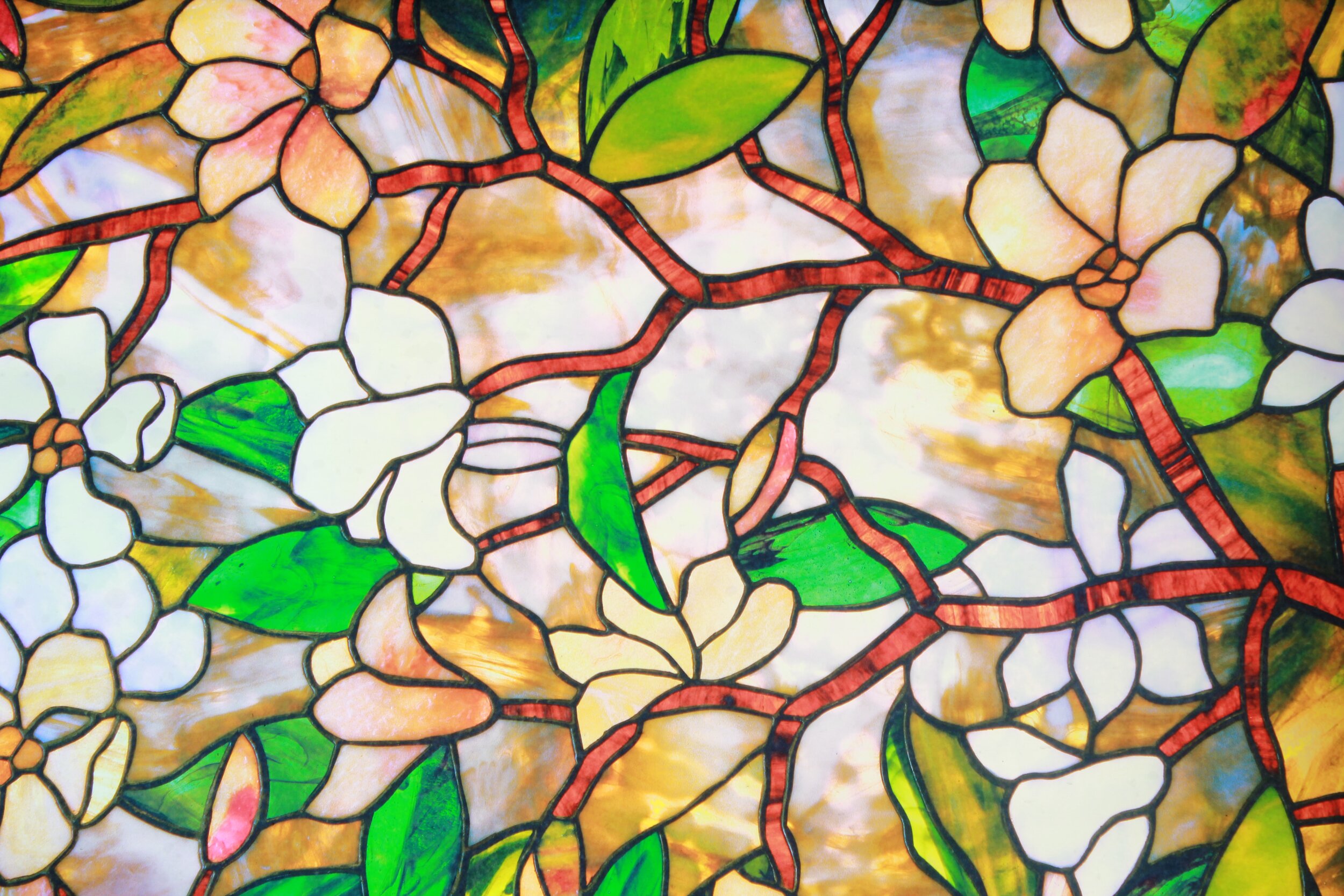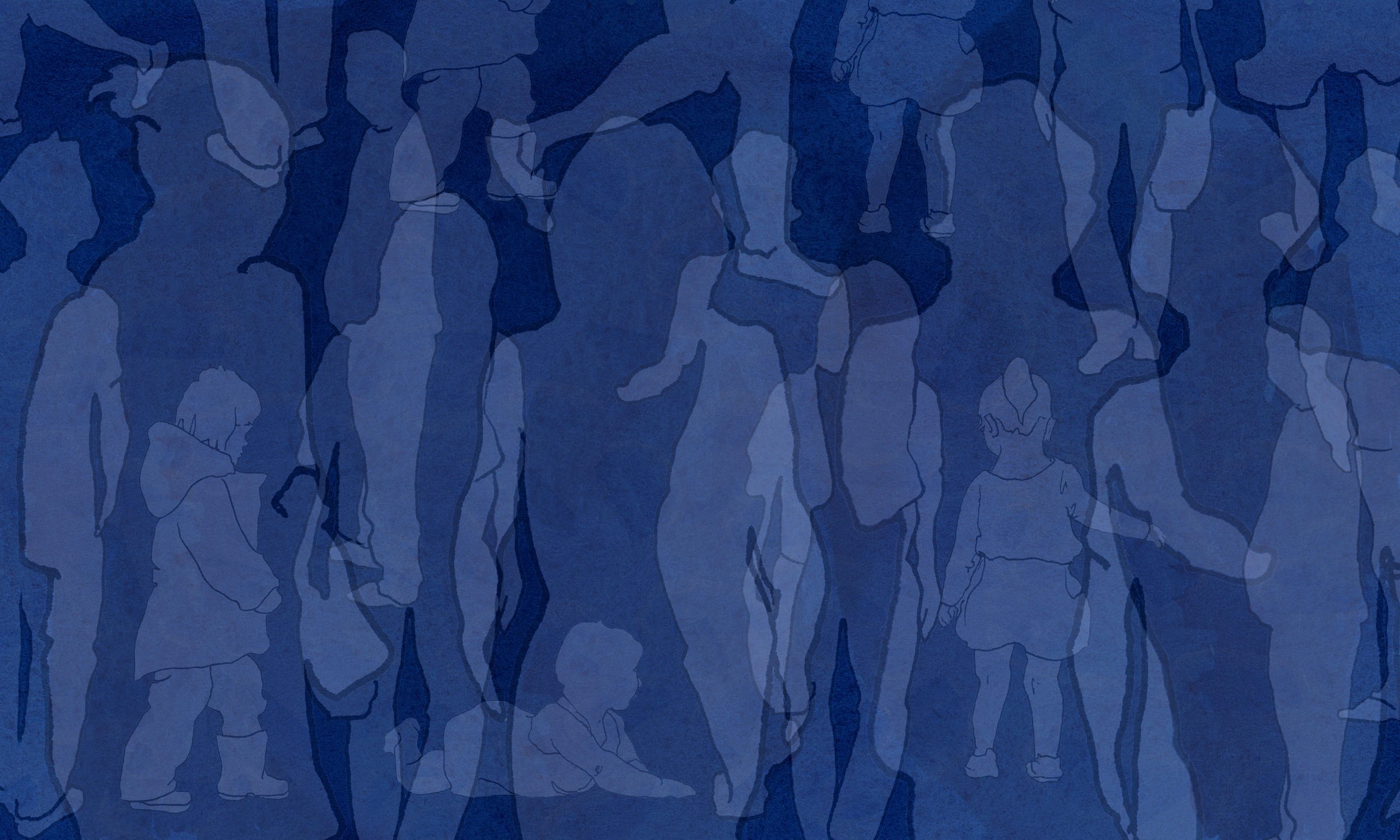Whisky and prayer
This story is part of an ongoing series of conversations with people around the country about the public good. Over the coming months we’ll be sharing snippets of our conversations and the voices and insights of people we’re talking with.
If you’d like to share your thoughts, details for getting in touch are at the end of the blog.
“Whisky and prayer.” I always love hearing the different ways people respond when I ask what has supported them through the past six months. Recent answers to this question have included: family, a generally friendly community, running and exercise (the joy of time alone!), faith, JobKeeper, podcasts. And of course, whisky and prayer.
Within every answer I think there is a kernel of something big and important.
There is much joy to be had in running these qualitative research conversations, listening to how people think about the public good in Australia: how we define it, what gets in the way, what we want more of, who should provide it. Conversations are so often incredibly rich, hilarious, challenging and heart-warming that it can be hard to decide which snippet to share in a blog. When listening to what communities think they need and how it should be provided, I guess everything is important.
But as often happens, common themes begin to emerge. Last week I spoke with two different groups of people and found the conversations were surprisingly similar.
The first group included four people from an outer suburban area of Melbourne: a teacher teaching through the Victorian lockdown, a landscape gardener currently thankful for JobKeeper, a medical supplies worker still on the frontlines and a project manager working from home. All of them are at home with families and children, juggling work and care through these covid times.
Conversation ranged from the importance of accessibility and footpaths and access to the bush, to the need for better police presence, things for teenagers to do and a deep desire to be proud of the layers of history of the land on which they lived and worked and played.
I was struck by the deep commitment to place, the desire for a community that was supported, and a way for local knowledge and decision making to be supported by the big picture perspective of national government.
The second, smaller group was made up of two young women in Sydney and Canberra. One is working fulltime in the public service as well as waitressing at night; the other is studying a Master of International relations. Both are in their early twenties born in Australia with Chinese/Malaysian heritage and Syrian heritage.
This conversation was full of thoughtful passion about everyone having an opportunity to work and to participate and contribute to Australian society, regardless of age, background or qualifications. I heard about the importance of work for giving a clear sense of participation and community. And one woman referenced the 2015 film The Intern, a story about an older man who gets a senior citizen’s internship with an e-commerce fashion start up, as a model for providing meaningful participation for retirees and older people out of work. We discussed how amazing it would be if our elders could be given opportunities to contribute to workplaces in unique ways outside of formal job descriptions.
“I want to be proud of where we live and what we do!”
“Imagine a community festival that travelled around the region.”
“I want something for the teenagers to do.”
“As young people we need a space we can go to at night. With games, and couches and where everyone is welcome. At the moment we hang out at Maccas if we can’t hang out at home.”
“We need to make sure that we have greenspace in this area owned by the community, so we’re not relying on private landowners to maintain our tree cover.”
“Yeah, I guess we could tax corporations and spend the money on community events, but government makes stupid decisions – what happens is just at the whim of whoever is in power.”
“I want to be consulted by the government about the decisions they make. They tell us what to value, but we haven’t really come to a consensus about this as Australians. I want to be consulted, in a conversation kind of like this one.”
“We need to base our government decisions on basic principles. We haven’t been told what we value.”
I’m overwhelmed by the care and thought in the conversation and reminded how easy it is to judge people on their first sentences if you don’t take the time to listen to what follows.
What was so clear across both groups was the sense that a public good we need to provide is the opportunity for people to participate meaningfully in their communities, to have opportunities to connect and celebrate, and to be supported to contribute.
And as a metaphor for celebration and connection? Well, perhaps there is deeper symbolism in getting by with whisky and prayer.
We’d love to hear about what is important to you and your community. Send us an email or comment below.
What should be provided to your community in terms of goods and services, laws and protections, or capacity to enable participation?
Who should provide these things and how?
DR MILLIE ROONEY
Millie is the National Coordinator for Australia reMADE. Millie has a qualitative research background and has spoken in-depth with hundreds of Australian's about their lives, communities and dreams. She has worked in and around universities for over a decade building student capacity and enthusiasm for tackling wicked problems. Millie is also a carer for her family and community and is passionate about acknowledging this work as a valid, valuable and legitimate use of her time.
Selected Other blogs by Millie:
Talking public good in Frankston
From trepidation to transformation: democracy, indi- style
Making space for utopia: the power of knowing and saying what you’re for






